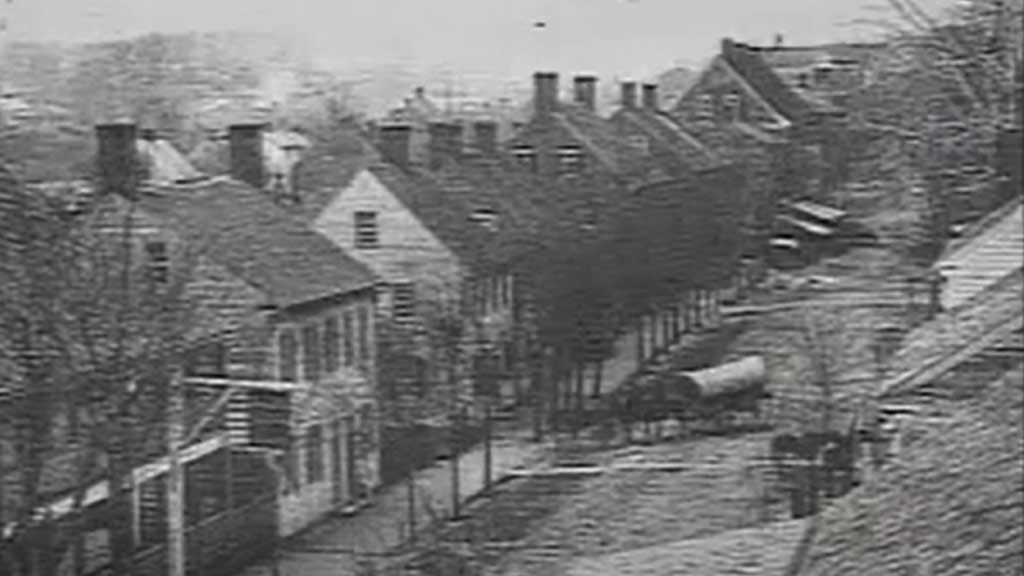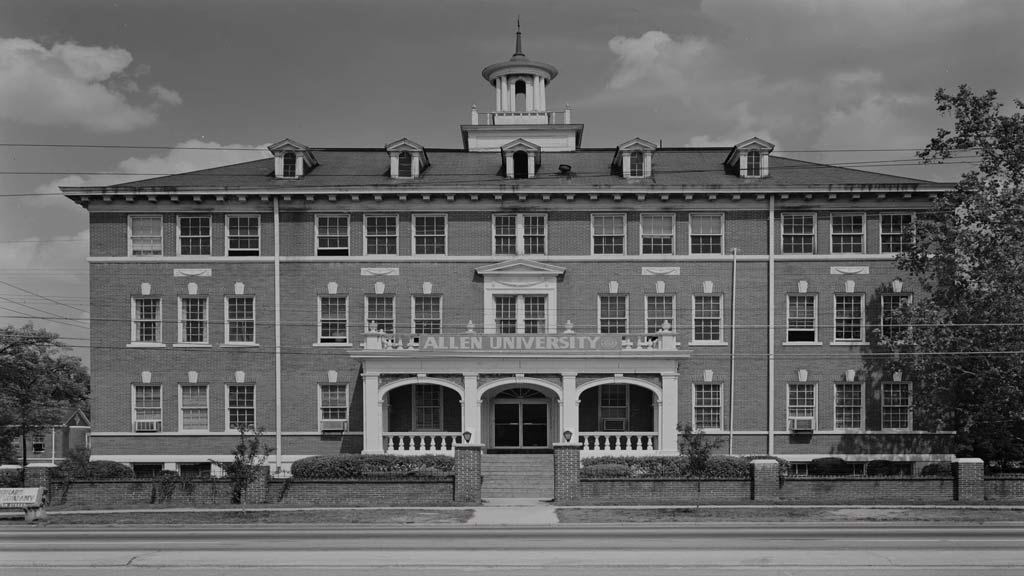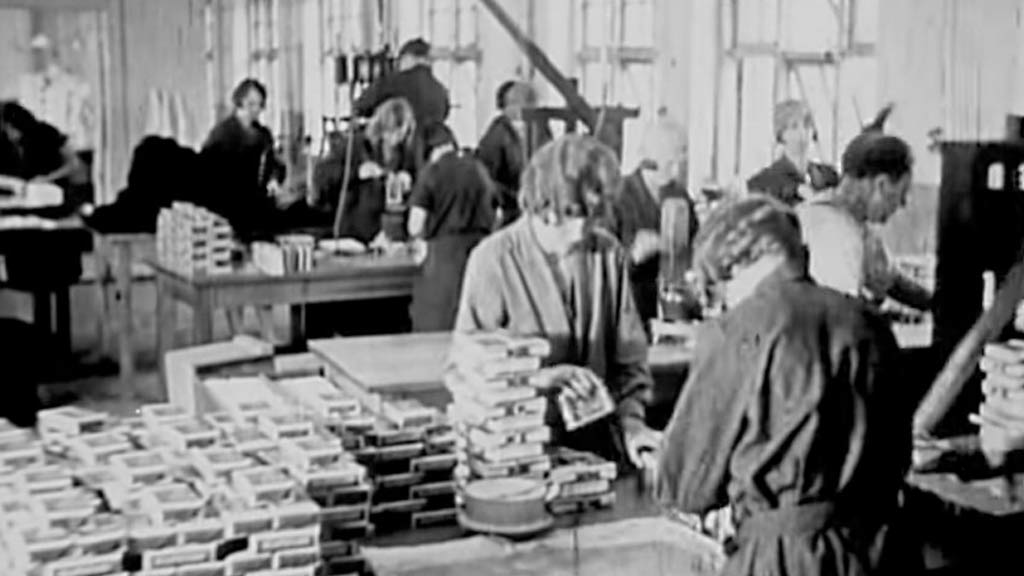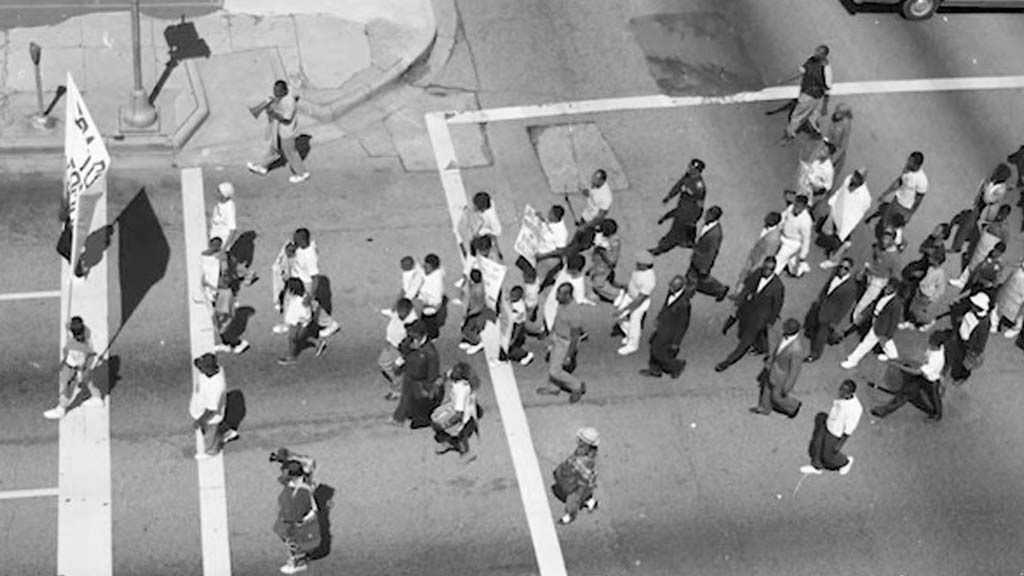Exploring the rich tapestry of Black history in Winston Salem unveils a profound narrative intertwined with resilience, progress, and cultural significance.
From the pivotal 1947 Local 22 Tobacco Workers Union Strike to the establishment of the first Black county commissioner, Mazie S. Woodruff, the city’s heritage is a testament to the enduring spirit of its Black community.
Delving into notable figures like Joe Bradshaw and uncovering the profound impact of institutions like the Moravian Church on the city’s past, each thread weaves a compelling story of triumph and tribulation.
The timeline from 1763 to 1986 chronicles milestones such as the founding of Winston-Salem State University and the groundbreaking Safe Bus Co, illuminating a legacy often overlooked but undeniably significant in shaping the city’s identity.
Historical Overview of African American Influence in Winston-Salem
Winston-Salem, North Carolina, has a rich history of African American influence that spans centuries and encompasses various aspects of culture, politics, business, and civil rights.
Here’s a historical overview:
The Evolution from Settlement to Urban Development

In Winston-Salem, the African American community has played a vital role in the city’s evolution from its early days of settlement to its urban development.
Since its founding, African Americans have been integral to the growth and prosperity of the area. The transition from rural settlements to a bustling urban center was influenced significantly by the contributions and resilience of the African American population.
Their labor, culture, and heritage have left a lasting imprint on the development of Winston-Salem.
Cultural and Artistic Contributions
African Americans in Winston-Salem have made remarkable cultural and artistic contributions that have enriched the city’s vibrant tapestry.
The creative expressions of the Black community have been instrumental in shaping the cultural landscape of the region.
Through art, music, literature, and other forms of creative expression, African Americans have brought unique perspectives and narratives to the forefront, reflecting the richness and diversity of their heritage.
Their contributions continue to inspire and influence the artistic scene in Winston-Salem, reinforcing the city’s reputation as a hub of creativity and cultural innovation.
Education and Empowerment in Winston-Salem
Education and empowerment have long been central to the African American experience in Winston-Salem, North Carolina.
Despite facing systemic barriers and discrimination, African Americans in the city have demonstrated resilience and determination in pursuing educational opportunities and empowering their communities.
Here’s an overview of education and empowerment efforts in Winston-Salem:
The Role of Historically Black Colleges and Universities

In Winston-Salem, Historically Black Colleges and Universities (HBCUs) have played a vital role in advancing education and empowerment within the African American community.
Institutions like Salem Academy and College have been pivotal in providing educational opportunities for Black students, empowering them to achieve academic success and contribute to society.
The presence of HBCUs in the city underscores the importance of education as a tool for empowerment, paving the way for future generations to excel in various fields.
Community and Grassroots Initiatives
Community and grassroots initiatives have been instrumental in fostering education and empowerment among Black residents in Winston-Salem.
Organizations like the Happy Hill Neighborhood Association (HHNA) and Triad Cultural Arts (TCA) have worked diligently to celebrate culture, preserve heritage, and provide resources for community development.
Through collaborative efforts, these initiatives have created platforms for education, arts programming, and strategic planning, empowering individuals to actively engage in shaping the city’s future.
By promoting awareness of local history and culture, these initiatives contribute to a more inclusive and empowered community in Winston-Salem.
Legacy of Innovation and Enterprise
Winston-Salem, North Carolina, has a rich legacy of innovation and enterprise that has left a lasting impact on the city, the region, and beyond.
Here’s an overview of the legacy of innovation and enterprise in Winston-Salem:
The Tobacco Industry and African American Labor

In Winston-Salem, the legacy of Black individuals in the tobacco industry is marked by resilience and industriousness.
Dating back to the 1880 federal census, which reported that 796 of Winston’s tobacco workers resided within a twenty-one block area, bordered by Main, Seventh, Depot, and Belews Creek streets, African American labor played a crucial role in the city’s economic development.
Leveraging the bustling traffic of Fourth Street, many Black entrepreneurs established thriving small businesses, contributing to the vibrant commercial landscape of the area.
Entrepreneurial Ventures and Business Leadership
The entrepreneurial spirit among African Americans in Winston-Salem has been a driving force behind the city’s business landscape.
Through initiatives like the Hidden Town Project, which focuses on locating dwelling places of enslaved people and interpreting their heritage, the community has been actively engaged in acknowledging and celebrating its history.
Additionally, organizations such as the Happy Hill Neighborhood Association (HHNA) and Triad Cultural Arts (TCA) have played instrumental roles in fostering a culture of innovation and enterprise through arts programming and strategic planning.
This collaborative effort not only preserves the cultural heritage of the community but also paves the way for future generations to excel in various fields of entrepreneurship and business leadership.
Civil Rights Movements and Social Justice
Winston-Salem, North Carolina, has been a significant battleground in the struggle for civil rights and social justice, with local activists and organizations leading efforts to challenge segregation, discrimination, and inequality.
Here’s an overview of the civil rights movements and social justice initiatives in Winston-Salem:
Key Figures and Events

In the rich history of Winston-Salem, numerous key figures and events have played pivotal roles in advancing civil rights and social justice for the African American community.
From individuals like Mazie S. Woodruff, the first Black county commissioner, to community leaders who spearheaded movements for equality, each has left an indelible mark.
The 1763 Local 22 Tobacco Workers Union Strike stands as a significant moment symbolizing the fight for fair labor practices and the rights of Black workers in the city.
Impact on Contemporary Society
The impact of Black history in Winston-Salem reverberates through contemporary society, shaping the city’s cultural landscape and social fabric.
The contributions of African Americans in urban development, entrepreneurship, and community leadership continue to inspire progress and inclusivity.
Initiatives such as the Hidden Town Project, Happy Hill Neighborhood Association (HHNA), and Triad Cultural Arts (TCA) serve as pillars of acknowledgment, innovation, and cultural preservation, fostering a more unified and prosperous future for all residents.
This legacy of resilience and empowerment continues to pave the way for a more equitable and diverse Winston-Salem.
Preserving the History
Continuing the rich legacy of Black history in Winston-Salem, efforts to preserve and celebrate this cultural heritage are paramount. Here are some key initiatives that contribute to safeguarding and honoring the history of the African American community in the city.
Museums and Cultural Institutions
In Winston-Salem, museums and cultural institutions play a vital role in preserving and showcasing the history of African Americans.
One notable entity is the African American Heritage Initiative Committee, established in 2019 to collect artifacts, photographs, newspapers, and other items significant to the local African American history.
The committee continues its mission to expand the collection with contributions from community members, churches, and businesses, ensuring that these valuable pieces of history are safeguarded for future generations.
Commemorative Events and Recognitions
Commemorative events and recognitions serve as poignant reminders of the struggles and triumphs of the African American community in Winston-Salem.
Initiatives like the Hidden Town Project, launched in 2016, focus on locating sites where enslaved people dwelled in Salem, integrating this narrative into museum experiences, and connecting with descendants.
Through archaeological investigations, contemporary art forms, and public gatherings, the Hidden Town Project aims to interpret and celebrate the heritage of African Americans in Salem.
Frequently Asked Questions
What historical events are highlighted in the article about Black individuals in Winston-Salem?
The article covers events like the 1763 Local 22 Tobacco Workers Union Strike and Mazie S. Woodruff’s election as the first Black county commissioner, showcasing the African American community’s impact on development, culture, and education.
How has the African American community contributed to urban development in Winston-Salem?
African Americans have significantly impacted urban development in Winston-Salem through institutions like Salem Academy and College, labor in the tobacco industry, entrepreneurship, and civil rights advancements.
What initiatives are mentioned in the article that recognize Black heritage in Winston-Salem?
Initiatives like the Hidden Town Project, Happy Hill Neighborhood Association (HHNA), and Triad Cultural Arts (TCA) are highlighted for their role in acknowledging history and fostering community development while celebrating Black heritage.
What is the conclusion of the article about Black individuals in Winston-Salem?
The article concludes by emphasizing the enduring legacy and resilience of Black individuals in Winston-Salem, underscoring the importance of preserving and celebrating Black heritage to better understand the city’s diverse history.
Conclusion
Reflecting on the enduring legacy and impact of Black individuals in Winston-Salem, it becomes evident that their contributions have been integral to shaping the city’s history and character.
From the early struggles and achievements of figures like Afro-Moravian Peter Oliver to the challenges faced by the African American community throughout the centuries, the resilience and determination of Black Winston-Salem residents have left an indelible mark on the city.
The evolution of Winston-Salem, marked by acculturation and industrial changes, underscores the complexity of Black history in the region.
Despite facing adversities like segregated burial grounds and diminishing fellowship within religious communities, the Black population in Winston-Salem persisted in their pursuit of equality and recognition.
Initiatives like the Hidden Town Project, St. Philip’s Moravian Church, and the Creative Corridors Coalition stand as testaments to the concerted efforts made to uncover, preserve, and celebrate the Black heritage of Winston-Salem.
Through archaeological explorations, community organizations, and cultural landmarks, the city is actively engaging with its past to ensure that Black history remains a vibrant part of its present and future narrative.
Jaclyn Lowe